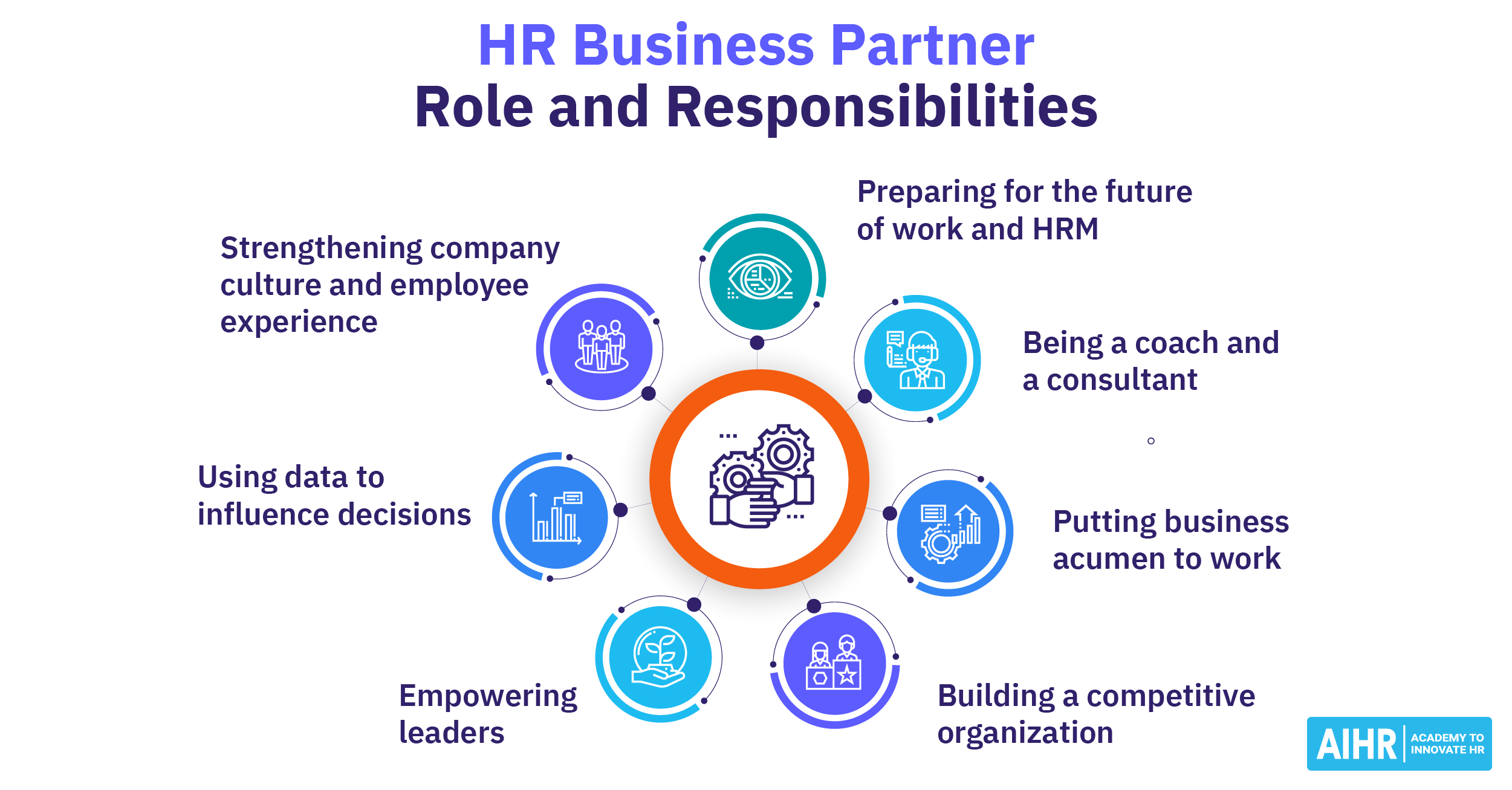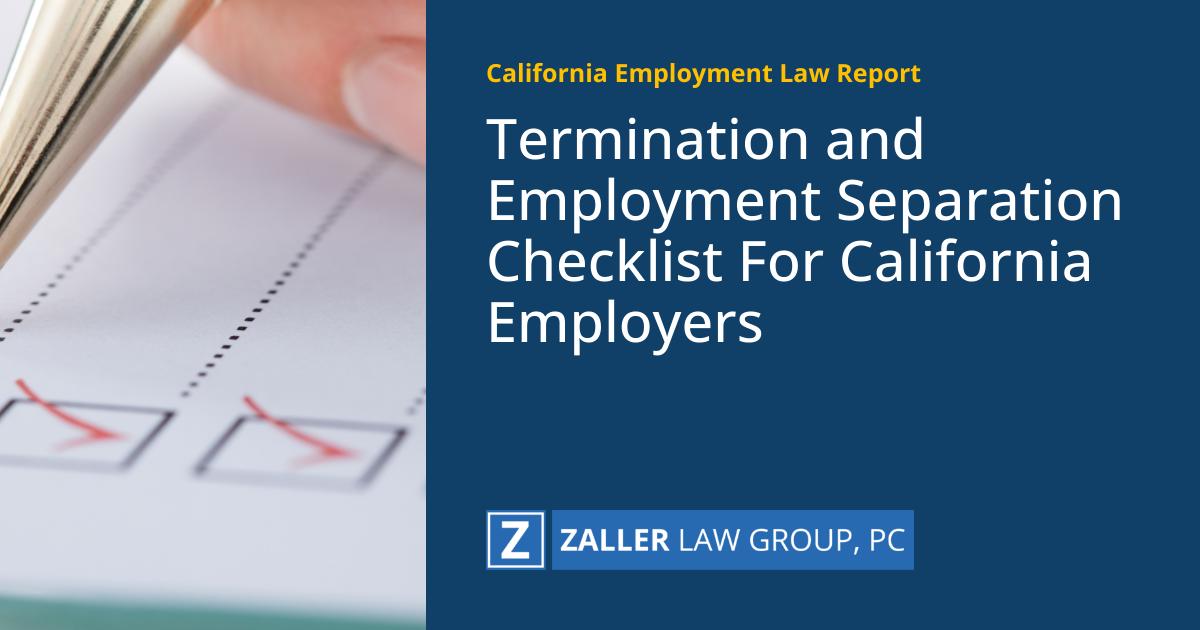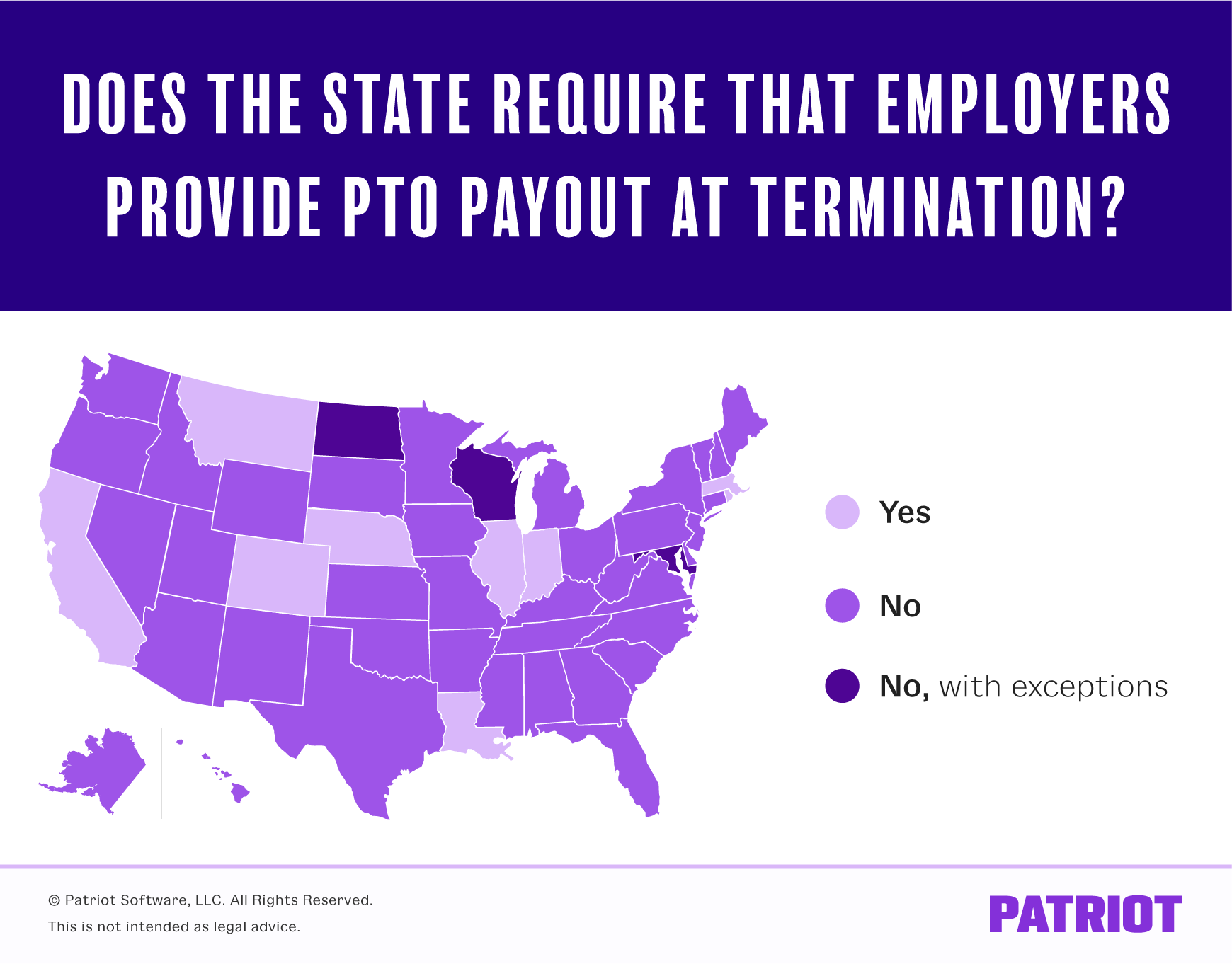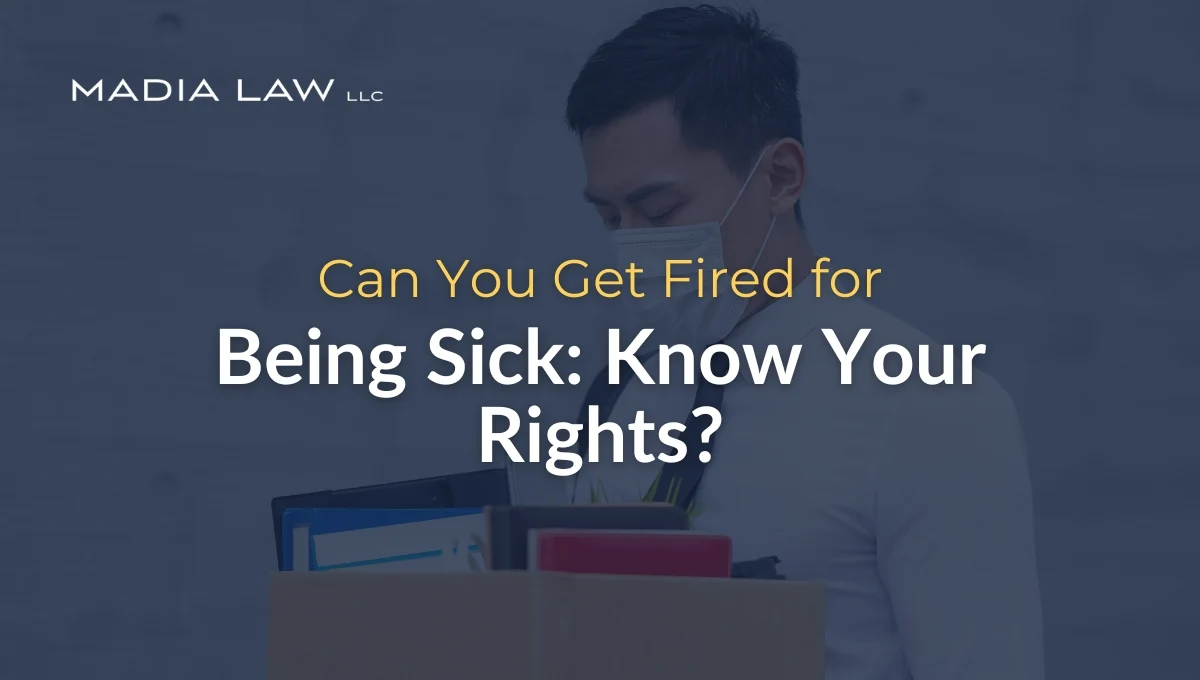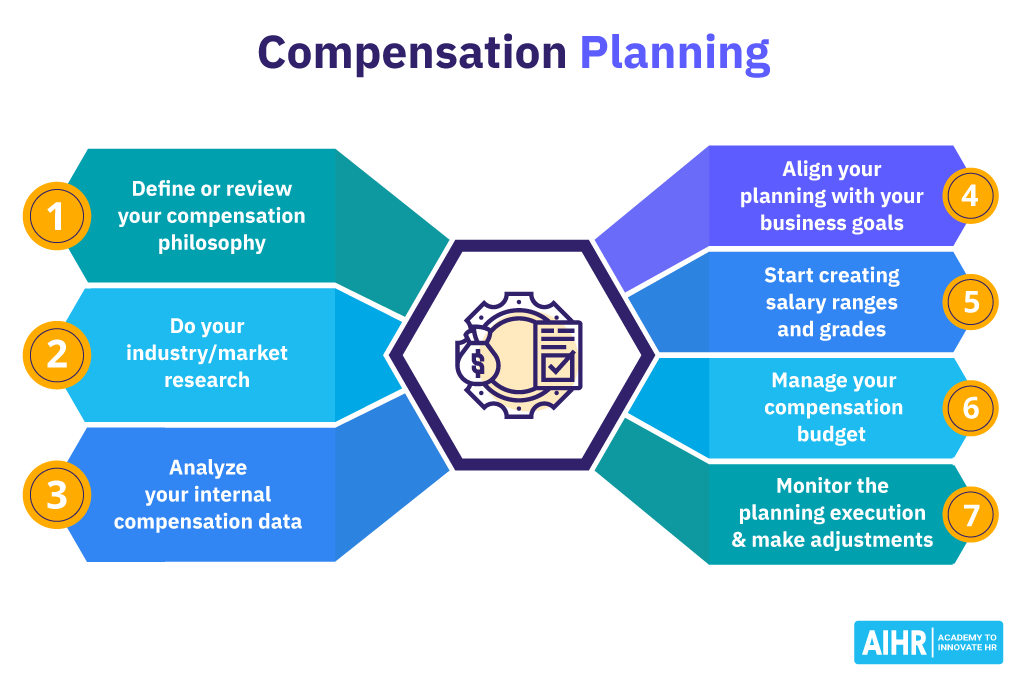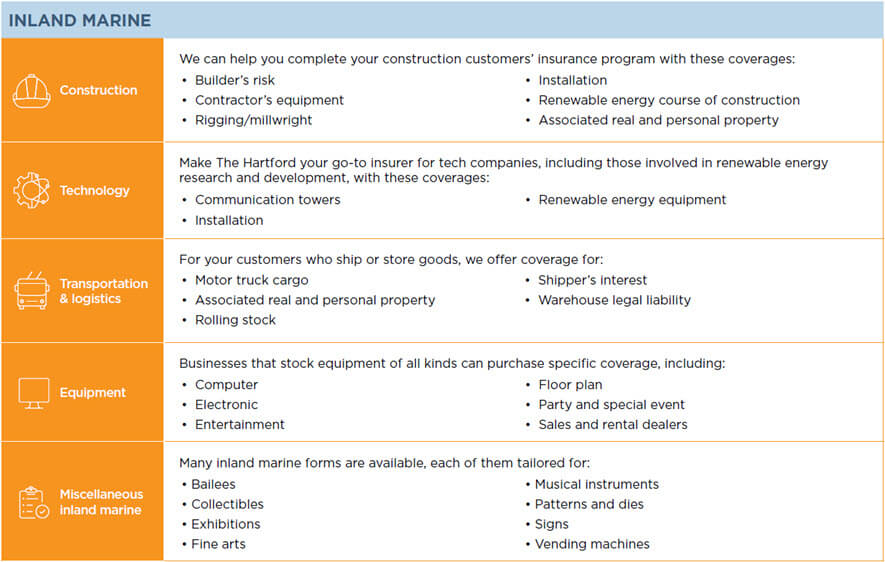The Senior Human Resources Business Partner plays a vital role in driving organizational success by aligning HR strategies with business objectives. As a strategic partner to senior leadership, they provide expertise in talent management, workforce planning, and organizational development. This role requires a deep understanding of the business, its challenges, and the ability to develop effective HR solutions. By leveraging their knowledge and skills, Senior HR Business Partners can significantly impact an organization’s performance, culture, and bottom line, making them a crucial component of any forward-thinking company’s leadership team and strategy execution.
Understanding the Senior Human Resources Business Partner Role
The Senior Human Resources Business Partner (SHRBP) is a strategic role that plays a crucial part in aligning an organization’s human resources with its overall business objectives. This role involves working closely with senior management and other stakeholders to drive business outcomes through effective HR strategies and initiatives. The SHRBP is responsible for providing expert HR guidance, coaching, and support to business leaders, enabling them to make informed decisions that impact their teams and the organization as a whole.
The Key Responsibilities of a Senior Human Resources Business Partner
A Senior Human Resources Business Partner is responsible for a wide range of activities, including talent management, succession planning, employee engagement, and organizational design. They work closely with business leaders to identify and address HR-related challenges, develop strategic plans, and implement initiatives that drive business results. The SHRBP also provides coaching and guidance to HR teams, ensuring that HR services are delivered effectively and efficiently.
| Key Responsibilities | Description |
|---|---|
| Talent Management | Developing and implementing talent management strategies to attract, retain, and develop top talent |
| Succession Planning | Identifying and developing future leaders to ensure continuity and success |
| Employee Engagement | Driving employee engagement initiatives to improve productivity and retention |
The Impact of a Senior Human Resources Business Partner on Business Outcomes
The SHRBP plays a critical role in driving business outcomes by providing strategic HR guidance and support. By aligning HR initiatives with business objectives, the SHRBP helps to improve productivity, reduce costs, and drive revenue growth. The SHRBP also helps to foster a positive and inclusive work culture, which is essential for attracting and retaining top talent.
| Business Outcomes | Description |
|---|---|
| Productivity | Improving employee productivity through effective HR initiatives and strategies |
| Cost Reduction | Reducing costs through efficient HR processes and initiatives |
| Revenue Growth | Driving revenue growth through strategic HR initiatives and talent management |
The Skills and Qualifications Required for a Senior Human Resources Business Partner
To be successful as a SHRBP, an individual requires a unique blend of HR expertise, business acumen, and interpersonal skills. The SHRBP must have a deep understanding of HR principles and practices, as well as the ability to analyze business data and develop strategic plans. They must also possess excellent communication and interpersonal skills, with the ability to build strong relationships with business leaders and other stakeholders.
| Key Skills | Description |
|---|---|
| HR Expertise | A deep understanding of HR principles and practices |
| Business Acumen | The ability to analyze business data and develop strategic plans |
| Interpersonal Skills | Excellent communication and interpersonal skills |
The Challenges Faced by a Senior Human Resources Business Partner
The SHRBP faces a range of challenges, including aligning HR initiatives with business objectives, managing competing priorities, and addressing complex HR issues. They must also navigate the complexities of organizational politics and stakeholder management, while maintaining a focus on delivering business results.
| Challenges | Description |
|---|---|
| Aligning HR Initiatives | Aligning HR initiatives with business objectives |
| Managing Competing Priorities | Managing competing priorities and stakeholder expectations |
| Addressing Complex HR Issues | Addressing complex HR issues and developing effective solutions |
The Future of the Senior Human Resources Business Partner Role
The SHRBP role is evolving rapidly, driven by changes in the business landscape, technological advancements, and shifting workforce demographics. As the role continues to evolve, SHRBPs must be adaptable, innovative, and forward-thinking, with a deep understanding of the business and its HR needs.
| Future Trends | Description |
|---|---|
| Technological Advancements | Leveraging technology to drive HR innovation and efficiency |
| Shifting Workforce Demographics | Addressing the needs of a diverse and changing workforce |
| Business Agility | Driving business agility through strategic HR initiatives and talent management |
What is the role of a senior HR business partner?
![]()
The role of a senior HR business partner is to provide strategic guidance and support to senior leaders and business units within an organization. They serve as a key liaison between the HR function and the business, helping to drive business outcomes through the effective management of human capital. Senior HR business partners are responsible for understanding the organization’s business objectives and developing HR initiatives that support these goals.
Key Responsibilities
A senior HR business partner’s key responsibilities include providing strategic HR advice, coaching and developing senior leaders, and driving organizational change. Some of the key activities they undertake include:
- Providing expert guidance on HR-related matters, such as talent management, succession planning, and employee engagement.
- Developing and implementing HR strategies that align with the organization’s overall business objectives.
- Partnering with senior leaders to identify and address talent gaps and develop plans to address these gaps.
Required Skills and Competencies
To be effective, senior HR business partners require a range of skills and competencies, including strong business acumen, strategic thinking, and communication skills. Some of the key skills and competencies they require include:
- The ability to think strategically and develop HR initiatives that drive business outcomes.
- Strong analytical skills, with the ability to analyze data and develop insights that inform HR decision-making.
- Effective communication skills, with the ability to communicate complex HR concepts to non-HR stakeholders.
Impact on the Organization
The impact of a senior HR business partner on an organization can be significant, driving business growth, improving productivity, and enhancing employee engagement. Some of the key ways they can impact the organization include:
- Helping to develop and implement talent management strategies that drive business success.
- Partnering with senior leaders to drive organizational change and improve business agility.
- Providing expert guidance on HR-related matters, helping to mitigate HR risks and improve compliance.
What is the goal of senior HRBP?
![]()
The goal of a Senior HR Business Partner (HRBP) is to align HR strategies with business objectives, driving organizational effectiveness and growth. They achieve this by working closely with senior leaders to understand business needs and developing HR initiatives that support these goals.
Strategic Alignment
A Senior HRBP focuses on strategic alignment, ensuring that HR initiatives are integrated with the overall business strategy. This involves analyzing business needs, identifying HR priorities, and developing plans to address these priorities. Key activities include:
- Collaborating with senior leaders to understand business goals and challenges
- Developing HR strategies that support business objectives
- Implementing talent management initiatives to drive business success
Organizational Design and Development
Senior HRBPs play a critical role in organizational design and development, helping to create a structure and culture that supports business goals. This involves assessing the current state of the organization, identifying areas for improvement, and implementing changes to drive efficiency and effectiveness. Key activities include:
- Analyzing organizational structures and making recommendations for improvement
- Developing change management plans to support organizational changes
- Implementing organizational development initiatives to drive growth and innovation
Talent Management and Leadership Development
A key goal of a Senior HRBP is to drive talent management and leadership development, ensuring that the organization has the skills and capabilities needed to achieve its goals. This involves developing strategies to attract, retain, and develop top talent, as well as creating programs to develop the leadership pipeline. Key activities include:
- Developing talent acquisition strategies to attract top talent
- Creating leadership development programs to build a strong leadership pipeline
- Implementing succession planning initiatives to ensure business continuity
What is the role of a HR business partner?

The role of a HR business partner is to align HR strategies with the overall business objectives of an organization. This involves working closely with senior management and other stakeholders to understand the organization’s goals and develop HR initiatives that support these objectives. A HR business partner acts as a strategic advisor, providing guidance on HR-related matters and ensuring that the organization’s workforce is aligned with its business strategy.
Key Responsibilities
A HR business partner has several key responsibilities, including:
- Developing and implementing HR strategies that support the organization’s overall business objectives
- Providing strategic guidance to senior management on HR-related matters, such as talent management and organizational design
- Analyzing workforce data to identify trends and areas for improvement, and developing plans to address these issues
Required Skills and Competencies
To be effective, a HR business partner must possess a range of skills and competencies, including:
- Business acumen, with a deep understanding of the organization’s business and industry
- HR expertise, with a strong knowledge of HR principles, practices, and laws
- Communication and influencing skills, with the ability to communicate effectively with senior management and other stakeholders
Benefits of Having a HR Business Partner
Having a HR business partner can bring several benefits to an organization, including:
- Improved alignment between HR strategies and business objectives
- Enhanced decision-making, with HR providing strategic guidance to senior management
- Increased efficiency, with HR initiatives and programs designed to support the organization’s overall goals
Frequently Asked Questions
What are the primary responsibilities of a Senior Human Resources Business Partner?
A Senior Human Resources Business Partner is a strategic partner to the business, playing a key role in driving organizational effectiveness and aligning HR initiatives with business objectives. Their primary responsibilities include providing expert guidance on HR-related matters, developing and implementing strategic HR plans, and partnering with senior leaders to drive business outcomes. They are also responsible for analyzing business needs and developing talent management strategies to meet those needs. Additionally, they facilitate communication between HR and the business, ensuring that HR initiatives are aligned with business goals.
How does a Senior Human Resources Business Partner drive business outcomes?
A Senior Human Resources Business Partner drives business outcomes by developing and implementing HR initiatives that are aligned with business objectives. They work closely with senior leaders to understand business needs and develop talent management strategies to meet those needs. They also analyze data to identify trends and areas for improvement, and develop solutions to address those areas. By partnering with the business, they are able to drive organizational change and improve business performance. Furthermore, they measure the impact of HR initiatives on business outcomes, making data-driven decisions to optimize HR programs.
What skills and competencies are required to be a successful Senior Human Resources Business Partner?
To be a successful Senior Human Resources Business Partner, one must possess a unique blend of business acumen, HR expertise, and strategic thinking. They must have a deep understanding of the business and its strategic objectives, as well as the ability to analyze data and develop insights. Strong communication and interpersonal skills are also essential, as they must be able to partner with senior leaders and influence business decisions. Additionally, they must be adaptable and agile, able to navigate complex organizational dynamics and drive change.
How does a Senior Human Resources Business Partner measure the impact of their work?
A Senior Human Resources Business Partner measures the impact of their work by tracking key metrics such as employee engagement, retention rates, and time-to-hire. They also analyze data to identify trends and areas for improvement, and develop ROI analyses to measure the impact of HR initiatives on business outcomes. By measuring the impact of their work, they are able to demonstrate the value of HR to the business and make data-driven decisions to optimize HR programs. Furthermore, they continuously assess the effectiveness of HR initiatives and make adjustments as needed to ensure alignment with business objectives.
